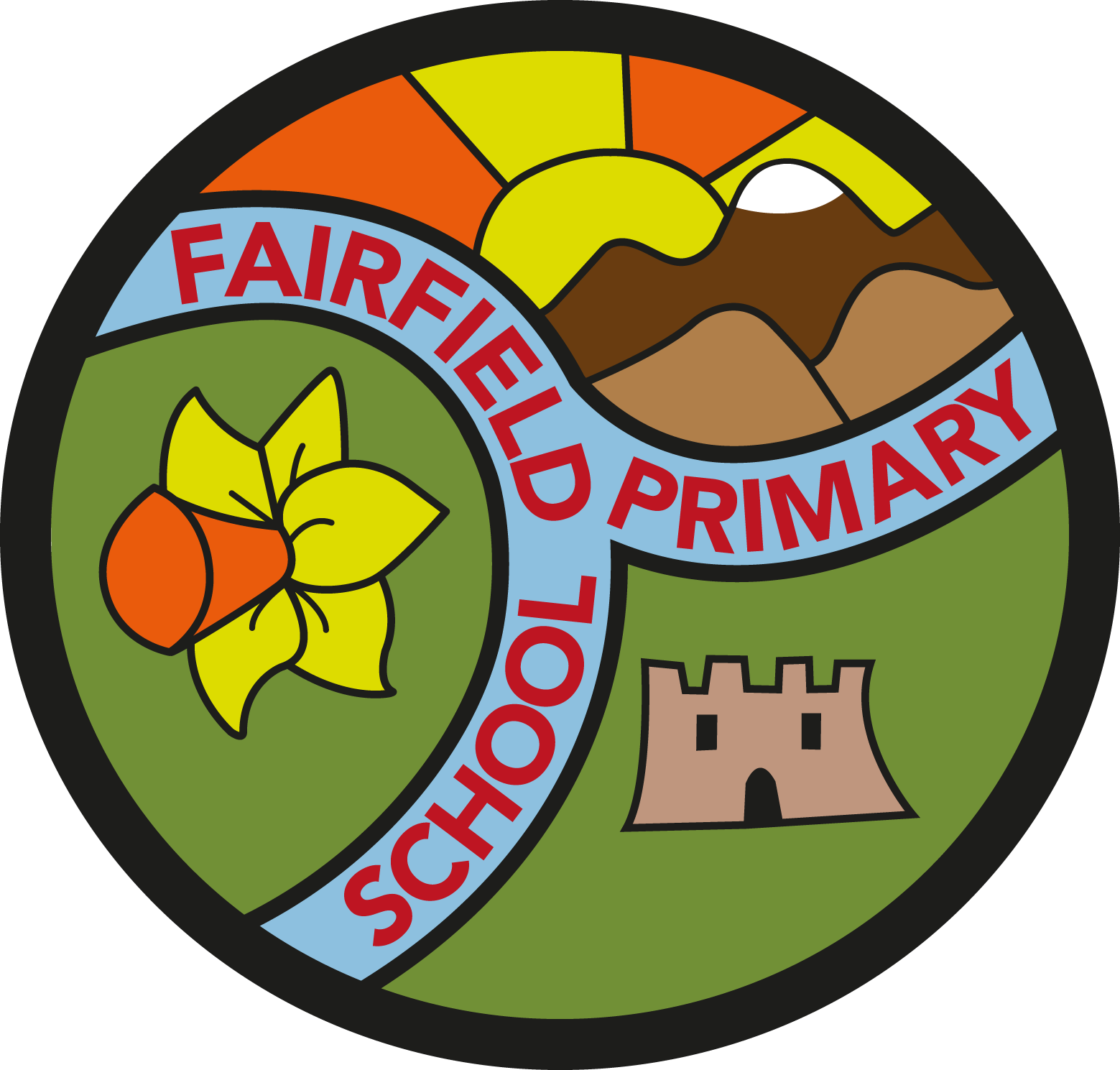Drawing and Talking is available at Fairfield Primary School and is delivered by our School Counsellor and Pastoral Support facilitator Mrs. L. Fisher, who is fully trained in delivering the therapy.
What is Drawing and Talking?
Drawing and Talking is a person-centred therapy focusing on prevention, early intervention and recovery.
Originally designed as a school-based therapeutic intervention, Drawing and Talking have now established relationships within the mental health and well-being sector with varying professionals. Providing a highly effective person-centred therapeutic playwork approach, this tier 1-2 intervention is intended to complement rather than replace the work of CAMHS, art or other specialist therapists; enabling children who would otherwise go untreated to get the help they need before problems become entrenched. Drawing and Talking technique is a safe and easy to learn short term, time-limited therapy to be used with anyone (age 5+) who has suffered trauma or has underlying emotional difficulties. It supports those who are not realising their full potential either academically, professionally or socially.
realising their full potential either academically, professionally or socially.
The purpose of the method is to draw with a person who with whom they feel comfortable at the same time each week. The trusted person (Mrs. L. Fisher) is trained to ask a number of non-intrusive questions about the drawing, and over time a symbolic resolution is found to old conflicts and trauma is healed. Work with the children is carried out safely and non-intrusively, with respect for their own pace and state of being. This is why anyone using Drawing and Talking learns to stay in the world of the child’s drawing. The child sets the pace and decides what to bring to the session.
Often in a first session a child will produce a very neutral drawing, something in the room or the view from a window, however once they feel safe and have created a secure attachment, their imagination begins to unfold.
After completion of Drawing and Talking Therapy, children are more able to control their behaviour, better able to access an academic curriculum and most importantly have higher self-esteem; this allows them to thrive in the world around them.
We want all children and young people to have the opportunity to achieve and develop the skills and character to make a successful transition into adult life.
Who will benefit from a therapeutic intervention such as Drawing and Talking?
Pupils who...
• Are not realising their full potential, either academically or socially
• Are at risk of being/is excluded from school
• Have suffered trauma
• Are (or are in the process of being) adopted or fostered
• Suffer because of separated or divorced parents
• Suffer from anxiety, stress or phobias
• Have suffered a loss or bereavement of any kind
• Are withdrawn or continually unhappy
• Are ill, disabled or autistic
• Find it difficult to make friends
• Quarrel frequently with peers or siblings
• Bully others or are bullied themselves
• Display inappropriate behaviour
• Incarceration of a family member
• Don’t play
• Are involved in gang, grooming and exploitation
• Are on the poverty line
• Identify as LGBTQ+
• Suffer with transition
How do I refer my child?
For further information, or to refer your child, please speak to Mr. J. Gale (Pastoral Leader), Mrs. L. Fisher (School Counsellor and Pastoral Care Facilitator) and/or your child's Classteacher. In order to access the provision, a signed school referral form is required.
